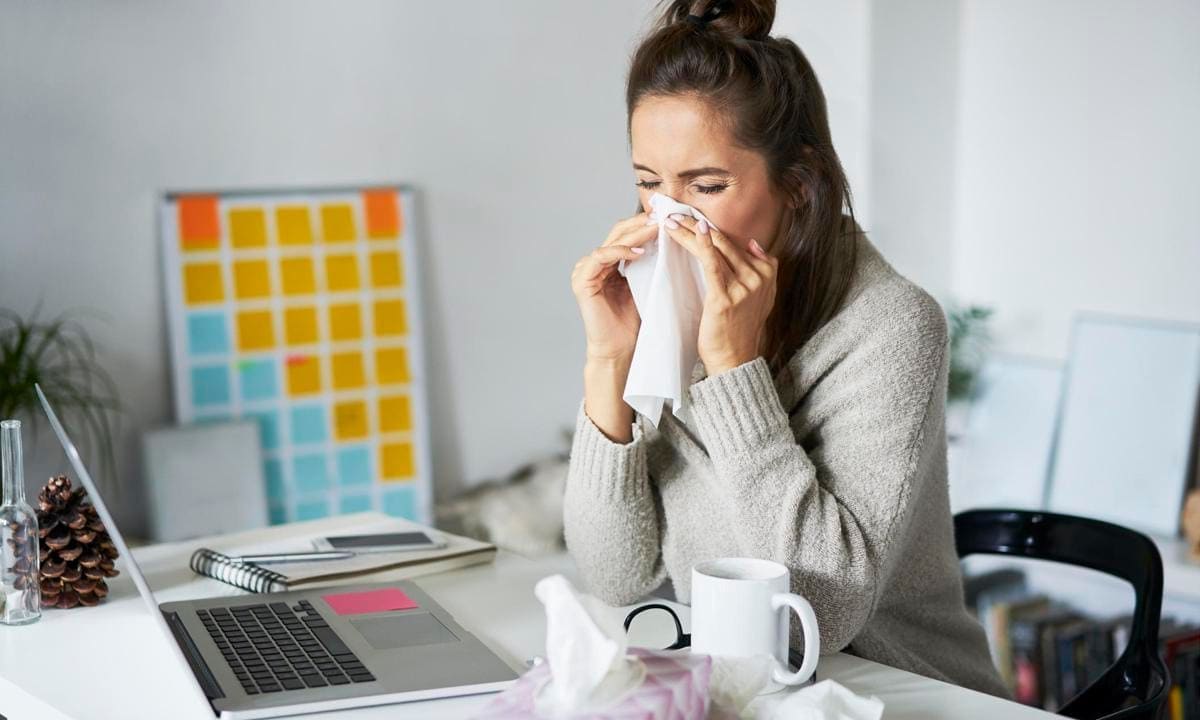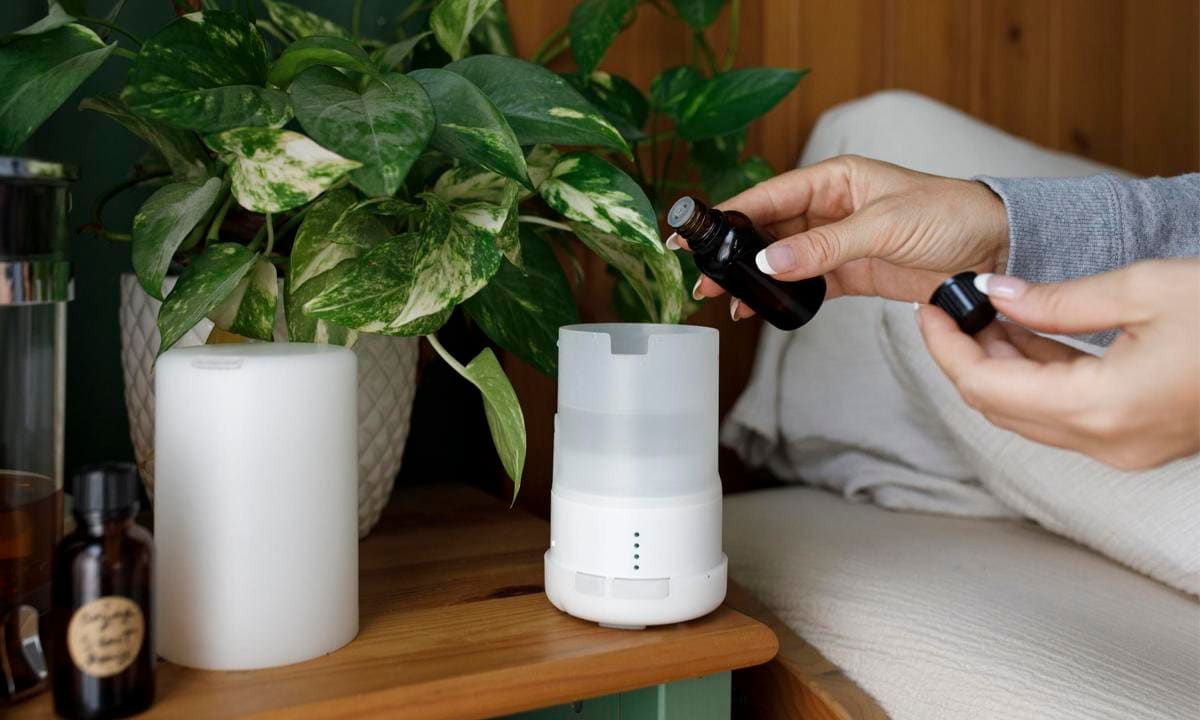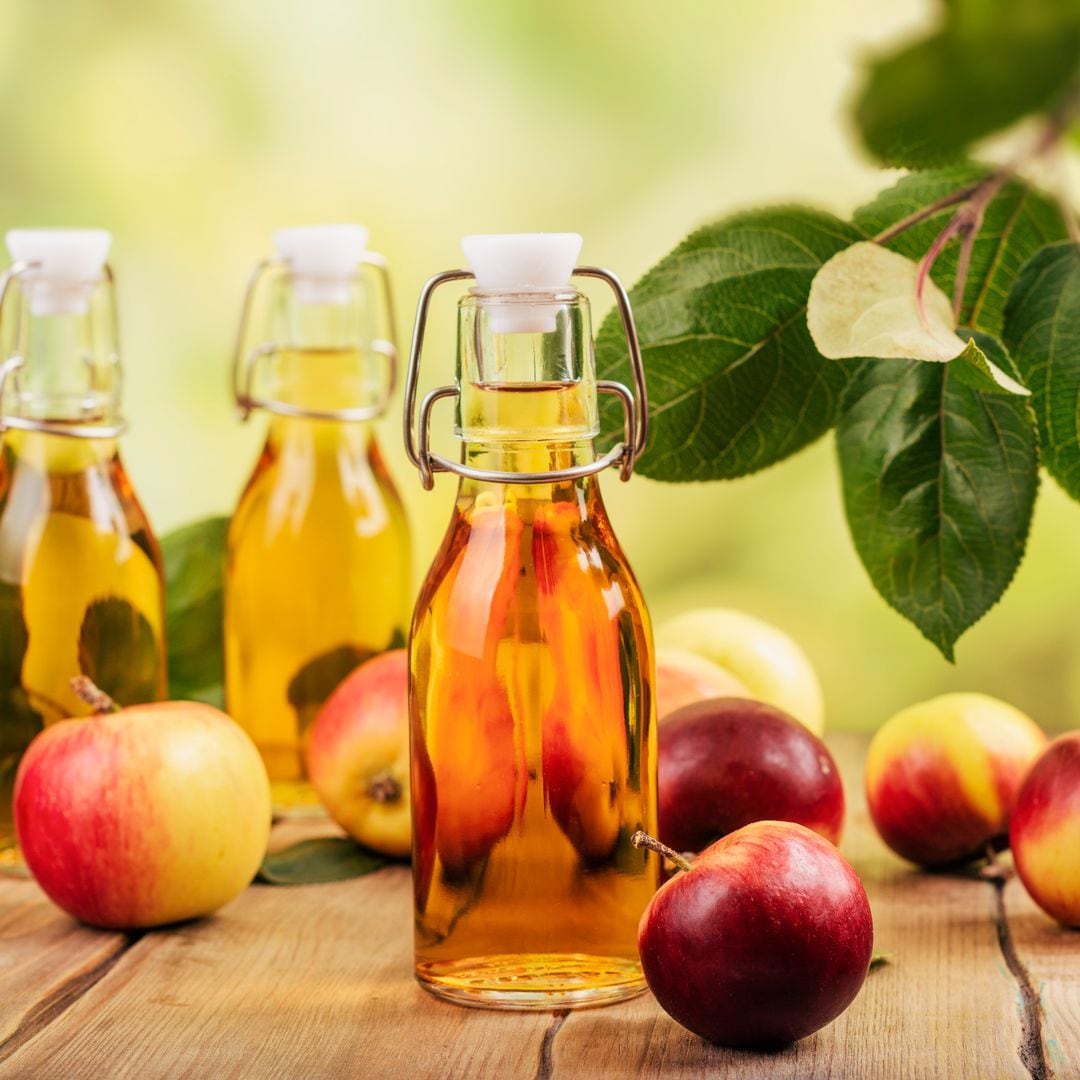Thanks to illnesses like colds and flu, as well as an uptick in allergies, spring is a great season for nasal congestion. Its correct name is rhinitis and it’s caused when the blood vessels in the nose become inflamed so that the membranes lining it swell. On top of that, you’re struggling with an excess of mucus, which makes it even more difficult to breathe.
Spanish pharmaceuticals expert Tamara Dorado has some advice on what you can do to feel better.
What causes the inflammation?
Anything that irritates the nasal passages. Usually to blame are viruses - such as colds, flu or Covid - bacteria or allergens such as pollen or dust mites. Other potential triggers are pollution and tobacco smoke.
Over-the-counter aids
There are plenty of decongestant medicines available from your local pharmacy, and many don’t require a doctor’s prescription. But beware of abusing these. As the expert points out, if you use them for a longer time than recommended they can become less effective. You may then end up taking more and more, to the detriment of your health. So it is very important to follow the instructions. And it’s well worth exploring natural alternatives.
Moisture
This is very useful in dealing with nasal congestion, because it thins mucus and keeps it moving out of your nose and sinuses.
Even the steam from a hot shower will help. Humidifiers can keep the atmosphere around you humid, but they should only be used when the air is drier than recommended and should be kept on only as long as necessary to reach optimum levels, which are between 40% and 60% relative humidity. You can measure the atmosphere around you using a home weather centre.
Medicinal plants
Camphor, mint, menthol, eucalyptus, rosemary and lavender all produce helpful vapours. Our grandmothers favoured products like chest rubs - where heat releases the vapours over time - and infusions of the plants, where you breathe them in with steam. Today, we’re as likely to use essential oils from these plants in a special humidifier.
Other aids
- Tamara Dorado also suggests:
- Rinsing the nasal passages using a sterile physiological solution available from the pharmacy. This can be used as often as necessary and at any age.
- Nasal strips that gently open the nostrils.
- Long term preventative measures such as eating a balanced diet, drinking plenty of water, maintaining a humid environment and avoiding alcohol and tobacco consumption.
Disclaimer: This information is for general knowledge only and should not be used in place of professional medical advice. Always consult with your doctor or a qualified healthcare provider for advice on any medical concerns.
,type=downsize)






